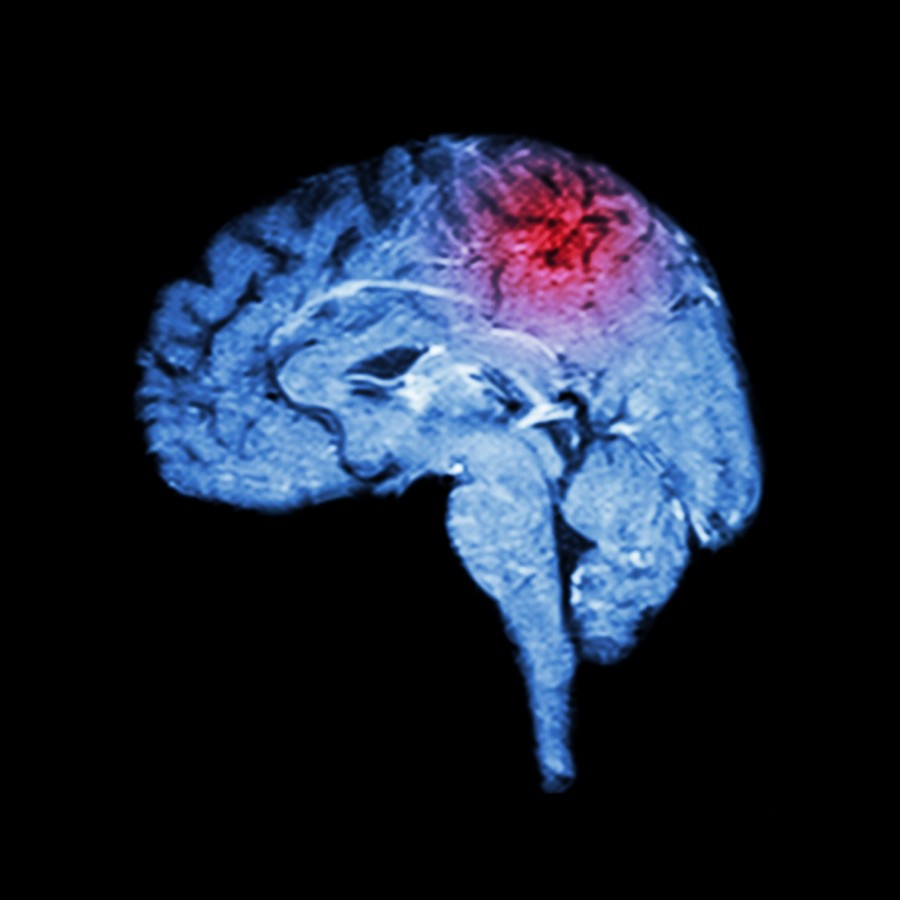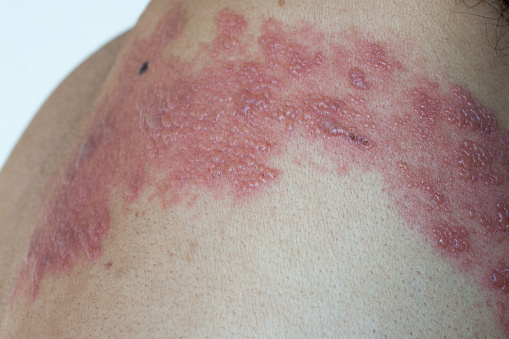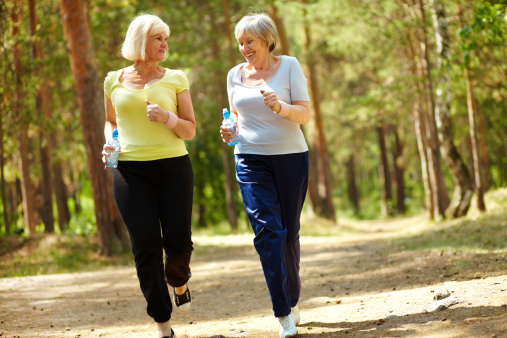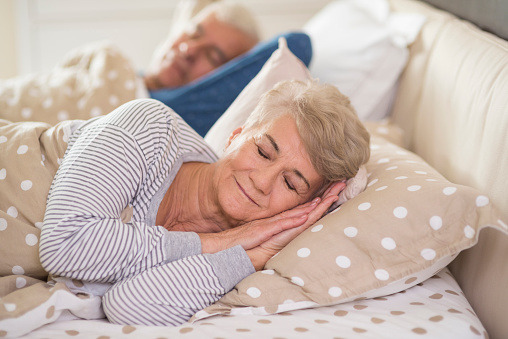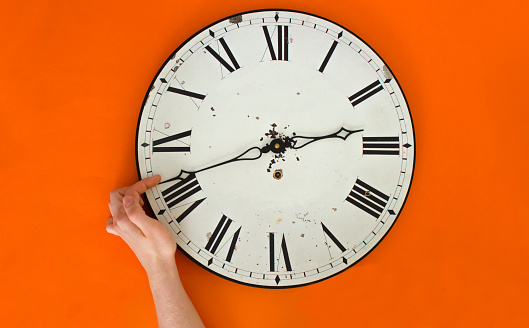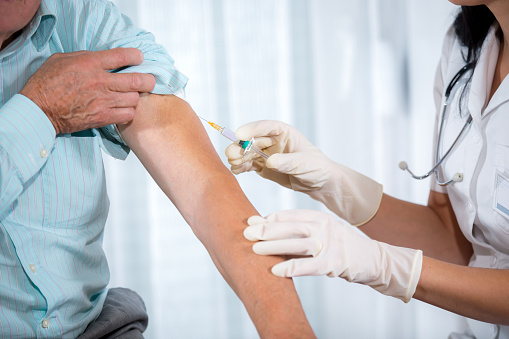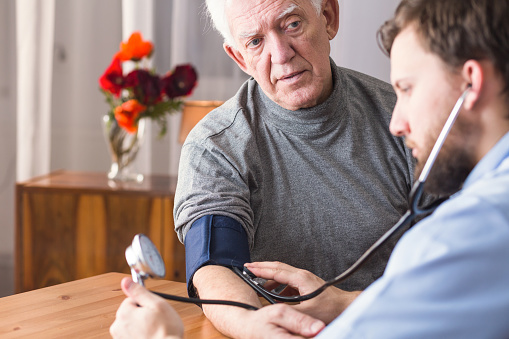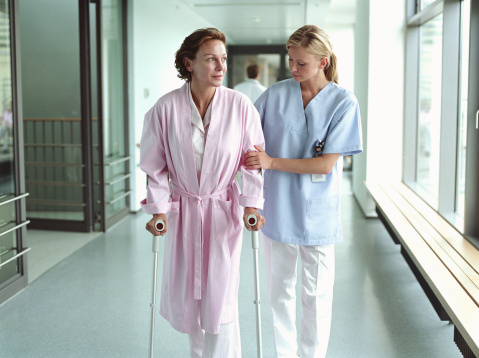Stroke signs and symptoms to recognize
Spotting the signs and symptoms of a stroke early on can prompt a person to call 911 immediately, so that the treatment can begin right away to reduce to risk of complications or even death. The American Stroke Association has outlined five key signs of stroke that should urge someone to call 911 right away. ...click here to read more

